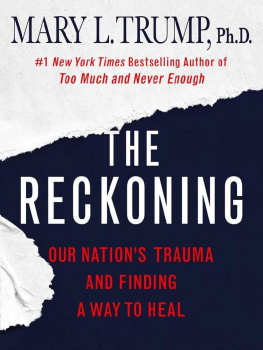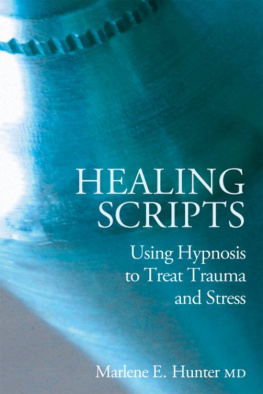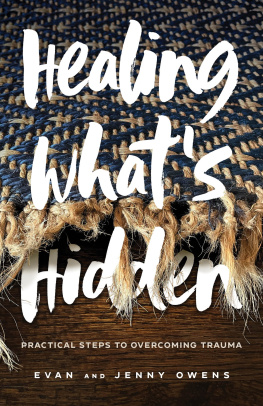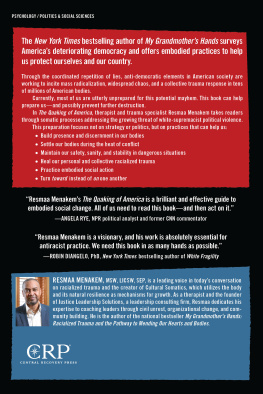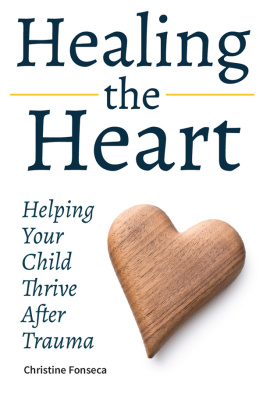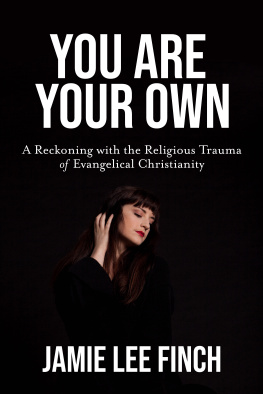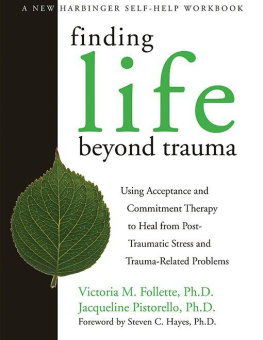
The author and publisher have provided this e-book to you for your personal use only. You may not make this e-book publicly available in any way. Copyright infringement is against the law. If you believe the copy of this e-book you are reading infringes on the authors copyright, please notify the publisher at: us.macmillanusa.com/piracy.
To Avary
The insurrection on January 6, 2021, shouldnt have come as a surprisemy uncle Donald had been sowing the seeds of discontent for two months and promoting division and grievance for four years. It was a watershed momentdeliberate, planned, incited, yet another assault aimed squarely at everything I had always thought this country stood for. America is a deeply imperfect countrya country that has never actually been a democracy for all of its people, just for a privileged majoritybut it always had the potential to become that hoped-for more perfect union. Did the last four years push us further from that goal, or did they simply bring to light that we were never as close to it as we thought?
This country was born in traumatrauma inflicted on the native inhabitants of a land from which they were forcibly removed, trauma sustained by the generations that have succeeded the kidnapped and enslaved Africans whod been brought to a continent both foreign and hostile, the trauma of those bystanders who failed to intervene when they could, those who could not intervene at all, and even those who committed the atrocities and continued to perpetuate a system that benefited them at the devastating expense of so many others.
In order to understand our current situation, we have to assess the extent of the impact of those early traumas, as well as the knock-on effects of not only ignoring them but pretending we have somehow transcended them. We most certainly have not; 2020, and the three years before, and the last many decades have borne that out.
When we think of trauma, we typically imagine dramatic, violent, singular eventsrape, a car accident, a mortar shell exploding. Trauma can be quiet and slow, too, occurring over time in a tense drama of sameness, of hopelessness, of unbearable isolation and loneliness, of helplessness. We often fail to recognize that we are being traumatized while we are being traumatized.
When I started to write this book, in October 2020, I was focused on the historical trends that have combined to leave us vulnerable in the wake of COVID-19, the intersecting economic crisis, and the looming mental health crisis. New York, where I live, had already been on a fairly severe lockdown since March. Our numbers had improved by the fall but, having failed to heed the warning of our experience, COVID cases were spiking throughout the rest of the country.
I wondered what it might be like to emerge into a world altered by months of separation, isolation, and division. How would the long-term effects of inactivity, economic uncertainty, boredom, fear of death, and the stress accumulated from all of those things manifest themselves? What form would the trauma takeof not knowing if you carried a virus that could kill you or those you love, of feeling like you were taking your life in your hands every time you left your home, of not knowing when it would end, of the most simple tasks being complicated by fear, of constant worrying about your children? How would the trauma play out if you were an essential frontline workerstocking shelves, making deliveries, working in a COVID ICUwho could do very little to avoid the risk of coming into contact with the virus? And to that burden add the betrayal by our government: completely unwilling to help us through this unprecedented-in-our-lifetime horror, and actually allowing the horror to happen, allowing it to worsen.
Things became much more complicated by the November election. COVID time had already wreaked its havoc, but election time was somehow worse. Its one thing not to know when something will end, its another thing entirely to know that something will end, but you cant see how. To me, the November 3 election loomed like a wall, obsidian and monolithic, obscuring all light and beyond which there was no imagining. Even after Election Day passed, we had an uneasy four days during which the results were still unknown, giving Donald an opportunity to claim a victory he had not won and to continue the project hed embarked on months earlier: to undermine peoples faith in the ultimate outcome if Joe Biden won. After November 7, when it seemed we had finally dodged the bullet this country wouldnt survive, the situation grew more dangerous, not because Donald continued to tell the Big Lie, but because, instead of silencing him by acknowledging the Biden-Harris victory, members of the Republican Party remained silent, offered excuses for the delay in conceding, or, worst of all, repeated the Big Lie and championed Donalds attempts to undermine the incoming administration, which included more than sixty lawsuits, all but one of which he lost or were rejected by the court before trial.
He continued to have rallies in which COVID was spread with the same carelessness as his lies.
He continued to disseminate disinformation on Twitter with the dual purpose of deflecting attention from his decisive loss (while it is true that he received more votes than any Oval Office occupant in history, Joe Biden received at least seven million more votes than that) and keeping his base angry, overheated, and feeling cheated.
Too many people wanted to believe Donald. Too many people were susceptible to his ability to appear aggrieved on their behalf. Too many people had wanted him to win. Seventy-four million people, in factdespite, or because of, the four years of incompetence, cruelty, criminality, grifting, unconstitutional behavior, treachery, treason, and most breathtaking of all, the fact that almost three hundred thousand Americans had died by Election Day as a direct result of Donalds willfully malicious inaction. But for him, we would not have become so divided. But for him, a simple lifesaving maneuver like wearing a mask would not have become politicized. But for him, we would not have suffered a mass casualty event in this country every day, for month after month after month.
When were all suffering versions of the same trauma simultaneously but separately, what can be shared? Betrayal by the government and by people in our communities destroys our sense of security. To be traumatized is to be initiated into a world without trust. It is to be burdened with all of the darkness the world contains and deprived of its considerable light.
Trauma can be compounded when multiple traumatizing events occur in the same time frame. You would think, for example, that a nurse in a COVID ward would only have to deal with the trauma of being a nurse in a COVID ward. But then her trauma is compounded by the fact that the ostensible leader of the free world is accusing frontline medical workers of stealing personal protective equipment (PPE) and blaming them for the PPE shortage. And then compounded even further by the fact, as at least one nurse reported, that her patients who are dying in front of her eyes from COVID-19 believe COVID is a hoax. And finally, her trauma undermines her entire professional identity when fellow nurses who, despite having witnessed firsthand the devastation COVID can cause to the human body, are hesitant to take the vaccine.
The collective personal trauma of having our country knocked to its knees by the least worthy person I can imagine, and an extraordinarily clear sense that we came very close to losing everythingour democracy most importantlymade me realize that this book couldnt simply address the trauma caused by the intersecting crises caused by COVID; it also had to address the trauma caused by the political crisis that exposed the long-standing fragility of our democracy.
Next page
